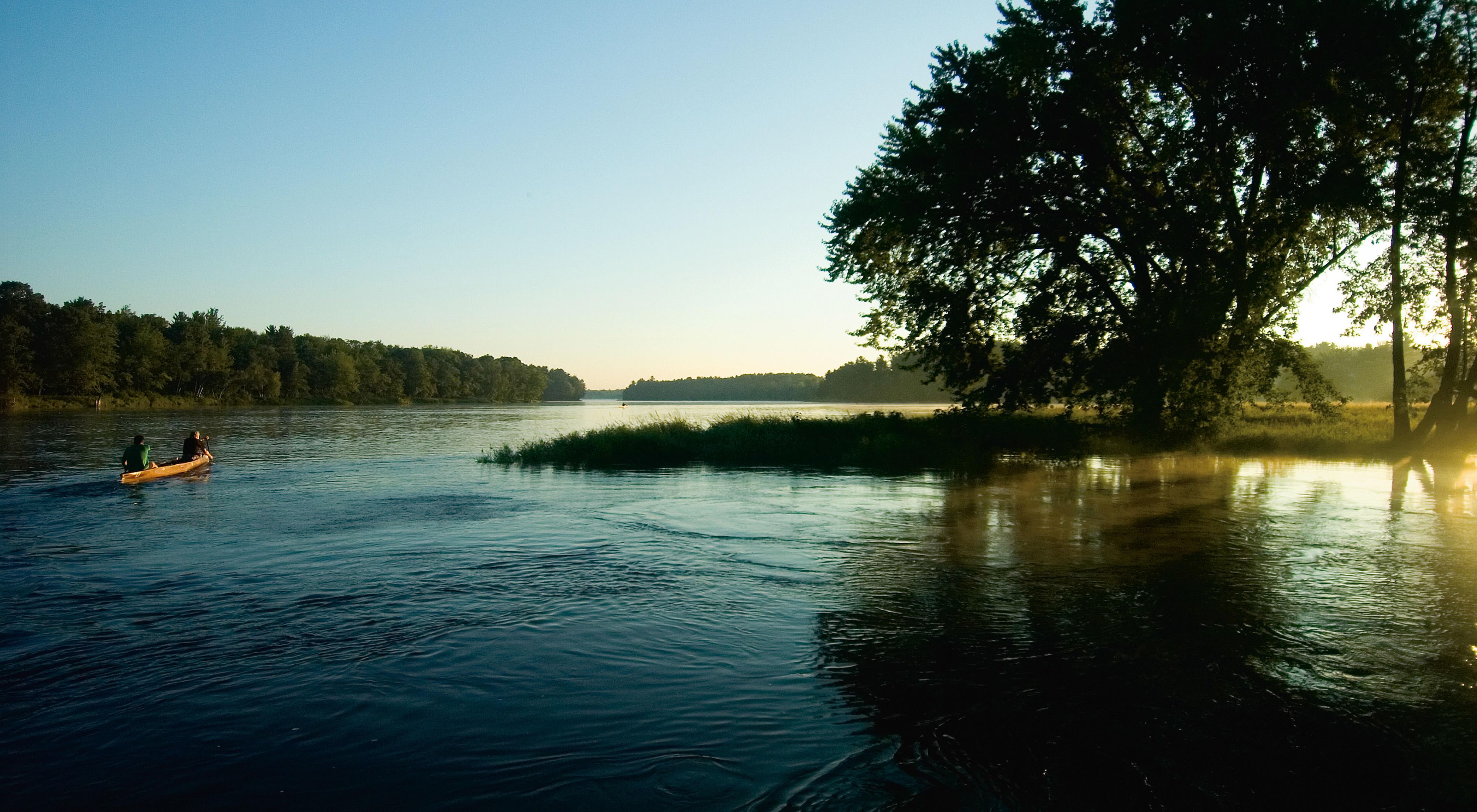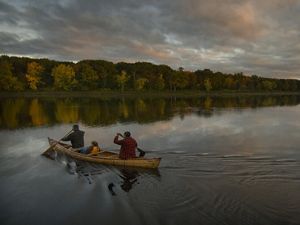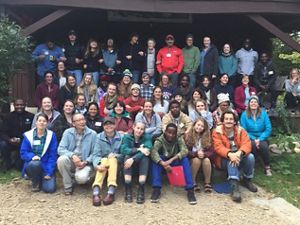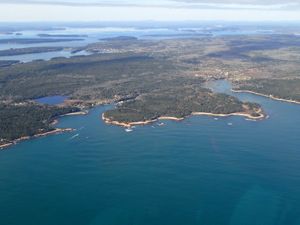The Nature Conservancy in Maine Supports HR 6707, the “Advancing Equality for Wabanaki Nations Act”
Media Contacts
-
Jeremy Cluchey
Director of Strategic Communications
Phone: 207-233-2795
Email: jeremy.cluchey@tnc.org
When the sovereignty of Indigenous People is respected and they have the opportunity to manage lands and waters, that management contributes to durable conservation and vibrant communities. Here in Maine, we have the opportunity and the responsibility to work with Wabanaki People to advance the health of our shared natural world. The Nature Conservancy (TNC) has committed to work with and in support of the Wabanaki Tribes in Maine to achieve this goal. To achieve fairness and equity, TNC Maine believes that the Wabanaki Tribes ought to be treated like the other federally-recognized tribes across the country.
That’s why TNC Maine supports H.R. 6707, the “Advancing Equality for Wabanaki Nations Act,” put forward by Representative Jared Golden and cosponsored by Representative Chellie Pingree. Language from this bill was included in the House version of the FY2023 National Defense Authorization Act (NDAA), and we urge the Senate to maintain that language in the Senate version of the NDAA. The bill is intentionally not retroactive, so it will not affect legislation that has already been codified into law; rather, it will allow the Wabanaki Tribes to benefit from future laws along with all other federally recognized tribal nations.
Supporting the voice, choice and action of Indigenous Peoples is a key part of achieving The Nature Conservancy’s vision of a world where people and nature thrive. Recognizing the inherent sovereignty of the Wabanaki Tribes will benefit Wabanaki People, the state of Maine and the planet.
The Nature Conservancy is a global conservation organization dedicated to conserving the lands and waters on which all life depends. Guided by science, we create innovative, on-the-ground solutions to our world’s toughest challenges so that nature and people can thrive together. We are tackling climate change, conserving lands, waters and oceans at an unprecedented scale, providing food and water sustainably and helping make cities more sustainable. The Nature Conservancy is working to make a lasting difference around the world in 77 countries and territories (41 by direct conservation impact and 36 through partners) through a collaborative approach that engages local communities, governments, the private sector, and other partners. To learn more, visit nature.org or follow @nature_press on X.



